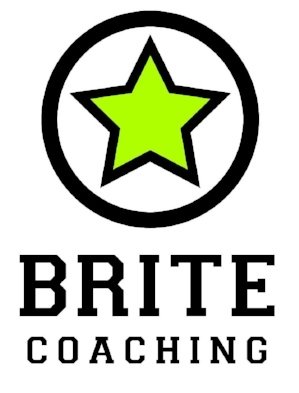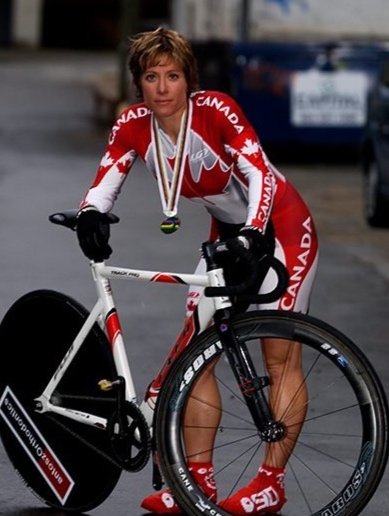Most of you know how to plan for a company, your family, a party or even for a race. But to plan a season appropriate for your life and the other demands you have competing with each other can be daunting and have unforeseen implications for optimal performance.
Below are a few key considerations regarding a season plan that incorporates training and racing into your life:
Review your entire year’s calendar. Do your year offer blocks of uninterrupted time that might support deeper training or racing? If so, commit to races or training camps in those key blocks.
Consider when and how you can incorporate one week or multiple mini long weekends of dedicated training away from life responsibility. With the removal of life stresses, the impact can be exponentially positive.
Consider the impact of travel logistics on performance when racing abroad. Travel, time changes, food, accommodations and gear logistics have a huge impact on our ability to race well. More often than not, most of us are racing for ourselves (vs for a country or the Olympics) so if you have local events that are worth considering, do those. Reducing logistics and stress on your support network will pay itself forward in a performance expression that is far more rewarding than racing in a foreign location.
Establish two pillar events in the year ahead. One feeds the other and the other is a big deal. Our minds are complex when it comes to desire, willingness to train and working towards something meaningful. Having pegs in the sand is not only an important part of your endurance journey, it is frankly, critical. Once you have established your two pillars for the year, we can plant your smaller stakes (easy drop-in events that are fun, easy to access and a helpful training stimulus) as stepping stones to the pillars.
BONUS: Review with your coach. Perspective goes a long way. Good luck in the year ahead!





